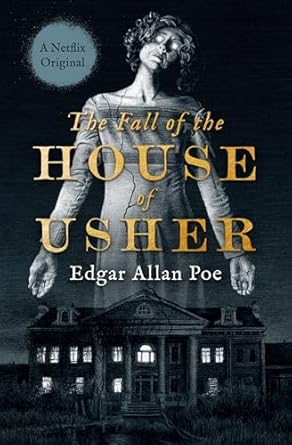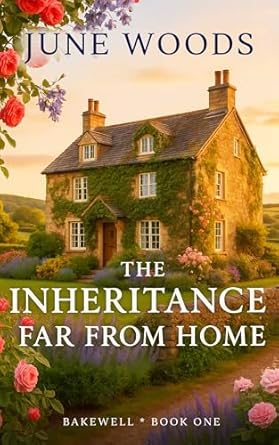🏚️ Book Review: The Fall of the House of Usher by Edgar Allan Poe (Kindle Edition)
A masterwork of Gothic fiction, Poe’s eerie tale of psychological decay and supernatural dread continues to captivate readers with its haunting atmosphere and symbolic depth.
🧠 Overview
First published in 1839, The Fall of the House of Usher is one of Edgar Allan Poe’s most iconic short stories. The narrative follows an unnamed narrator who visits his childhood friend Roderick Usher at the crumbling Usher estate. Roderick suffers from a mysterious mental illness, and his twin sister Madeline is afflicted by a catatonic condition. As the story unfolds, the mansion itself seems to reflect and amplify the psychological unraveling of its inhabitants.
The tale builds toward a chilling climax involving premature burial, spectral reappearance, and the literal and figurative collapse of the Usher bloodline and home.
🕯️ Key Themes & Literary Elements
- 🧠 Madness and isolation: Roderick’s hypersensitivity and descent into madness mirror the oppressive atmosphere of the house
- 🏚️ The sentient house: Poe blurs the line between setting and character, suggesting the mansion itself is alive and complicit
- ⚰️ Death and decay: The story is steeped in imagery of rot, ruin, and the inevitability of death—both physical and familial
- 🌫️ Gothic atmosphere: From the bleak landscape to the claustrophobic interiors, Poe crafts a mood of dread and melancholy
- 🔍 Symbolism and ambiguity: The tale invites multiple interpretations—psychological, supernatural, and allegorical
“There was an iciness, a sinking, a sickening of the heart… an unredeemed dreariness of thought which no goading of the imagination could torture into aught of the sublime.” — Edgar Allan Poe
💬 Critical Reception
- ⭐ Goodreads rating: 4.00/5 from over 50,000 ratings
- 📖 Widely praised for its atmospheric prose, symbolic richness, and psychological complexity
- 🧾 Scholars often analyze the story through lenses of Gothic criticism, psychoanalysis, and formalist theory
- 💬 “Poe’s ability to evoke dread from architecture, silence, and memory is unmatched. The house is not just a setting—it’s a character.” — Literary critic summary
⚠️ Considerations
- 📄 Dense language: Poe’s 19th-century prose may feel ornate or challenging to modern readers
- 📚 Short format: Typically under 20 pages, it’s best read slowly to absorb its layered meanings
- 🧾 Ambiguous ending: The story’s supernatural elements are never fully explained, leaving room for interpretation
🏁 Final Verdict
The Fall of the House of Usher is a chilling and poetic exploration of madness, mortality, and the uncanny. Poe’s masterful use of setting, symbolism, and psychological tension makes this a cornerstone of Gothic literature. Whether you’re a first-time reader or revisiting it with fresh eyes, this Kindle edition offers a timeless descent into literary darkness.


